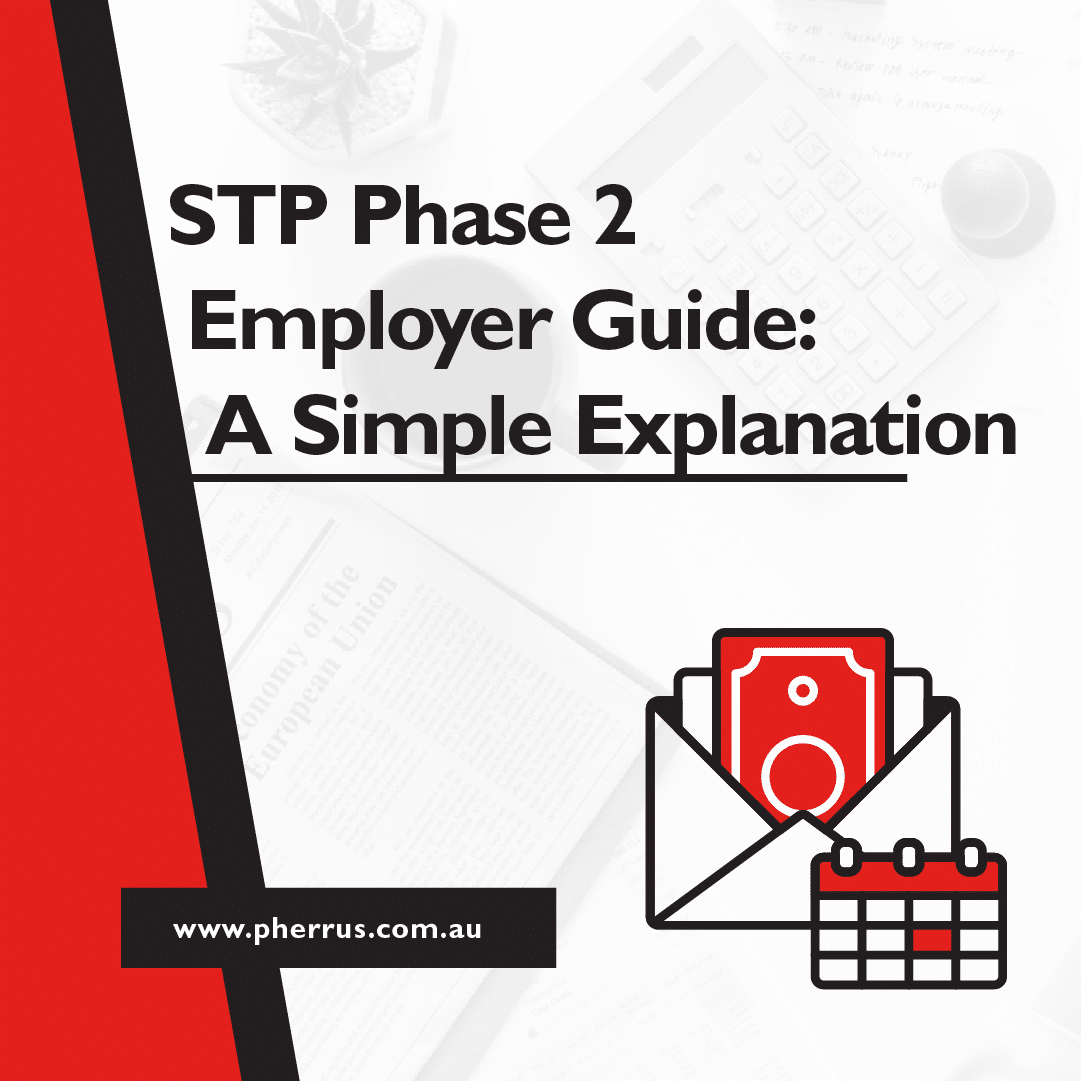A garnishee order provides an efficient method for collecting outstanding debts from debtors
Instead of continuously chasing debtors for payment, funds are deducted directly from their income or bank account, simplifying the collection process. This approach is cost-effective for creditors, eliminating the need for lengthy legal proceedings or hiring debt collection agencies.
Additionally, garnishee orders prioritise the debt owed to the creditor over other expenses, increasing the likelihood of debt recovery.
Finally, garnishee orders are legally enforced by the relevant court, providing a well-structured and supervised process that encourages debtors to comply with their financial obligations to avoid legal consequences.













